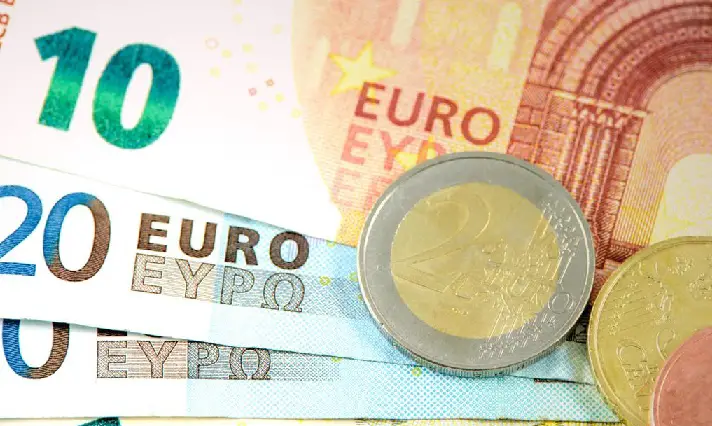Renowned economist Jeffrey Sachs is warning on his YouTube channel that the Eurozone is on the cusp of stagflation. Stagflation is an economic condition consisting of stagnant economic growth, persistently high inflation, and rapidly rising unemployment.
Sachs, who spearheaded the “shock therapy” reforms in Russia in the 1990’s, says the reduction in headline inflation in the euro area recently is only a temporary phenomenon, since it includes highly volatile energy and food prices, which rapidly change, and prevent a clear picture of the overall trend of the economy with time. He noted that the core inflation reading, which excludes these volatile measures, surged to a new record high last month, indicating the eurozone is likely heading to a crisis.
Sachs said, “Core inflation in Europe just keeps rising, despite headline slowing as the economy tips into recession. Get ready for stagflation!”
According to Eurostat data, across the 20 nations which make up the euro area, headline inflation slowed to 8.5% in February, from 8.6% the previous month. Experts believe the decline in the prices of energy due to the unseasonably mild weather, and consequently lower demand for energy, were the primary factors behind the decline.
However core inflation rose by 5.6% to a new historic high for the metric. Due to the rate at which core inflation is increasing, the European Central Bank will likely be forced to continue raising rates, which will stall economic growth, and could even drive the economy into a recession, where growth turns negative.
Pierre Wunsch head of Belgium’s central bank and also a member of he ECB governing council, said to reporters this week, “If we don’t get clear signals that core inflation is going down, we’ll have to do more… looking at rates of 4% would not be excluded.”
As Sachs is warning about stagflationary risks in the EU, other economists are echoing the sentiment for the global economy. Nouriel Roubini, another renowned economist has been warning for months that the global economy is on track to enter what he is calling “a global stagflationary debt crisis,” due to the current interest rate levels making the debt ratio unsustainable.


